Best Bitcoin Wallet in 2024: Tried and Tested
Last Updated on
Before you go ahead and start investing in cryptocurrency, it might be worth finding a good wallet to store your digital assets in. While some traders may not find it necessary to use a crypto wallet, there are generally quite a few reasons why it can be worthwhile, especially if your trading strategy involves larger investments and/or holding your coins for a significant period.
When you’re concerned about the safety of your investments, it’s always best to use a crypto wallet. Fortunately, there are plenty of different ones available right now – but how exactly do you sort through them all to find the right one? If you’re unsure, don’t worry, as we’ve got a list of the best bitcoin wallets of 2024.
Table of Contents
ToggleThe Best Bitcoin Wallets in 2024
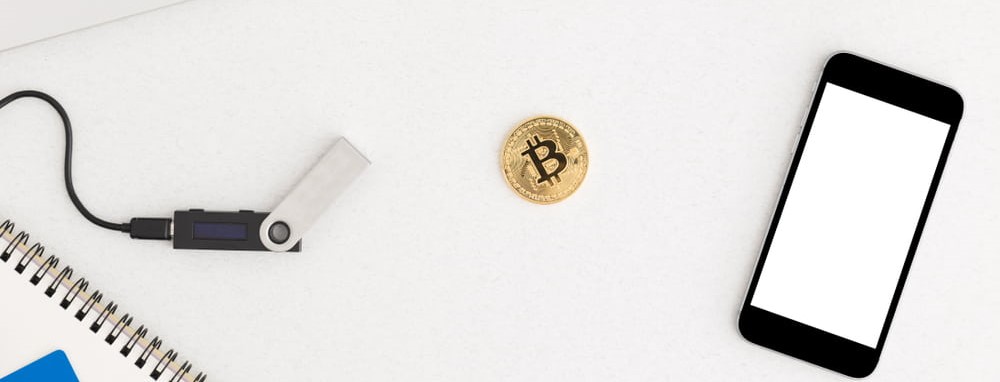
 Bitcoin
Bitcoin
1 Provider that matches your filters Providers that match your filters
Payment methods
Features
Usability
Support
Rates
Security
Selection of Coins
Classification

No results found
Trying adjusting the filter to see some results.
- Trade real cryptocurrencies and crypto CFDs
- Licensed broker with deposit insurance
- Integrated wallet









Cryptocurrencies are very volatile and overall a risky investment. 69% of investor accounts lose money when trading CFDs
eToro
You may have already heard of eToro, after all, it’s an extremely popular exchange where you can trade cryptocurrency and several other kinds of assets. But did you know that the platform also provides reliable crypto wallets?
eToro is a fantastic brokerage with a host of features for users to enjoy; from the sheer variety of investment vehicles, to the low fees. Many financial bodies regulate the site to ensure a worthwhile experience throughout trading – and this can offer a level of security that not many other exchanges can boast. Having a secure wallet available right there on the site only helps to make it even more appealing to pretty much anyone looking for the best deal around.
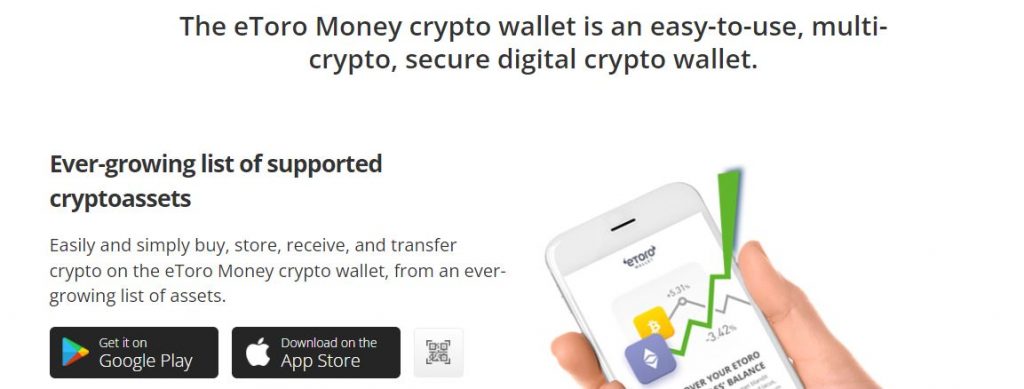
Many users will be glad to know that eToro has multi-crypto wallets available, meaning that you can store any of your digital coins in your wallet without any fuss. There are so many wallets that only support a single currency out there that having the option to store them all together can be especially attractive. This site has more than 500 trading pairs, so this feature makes it even easier for you to switch out your investments, whether they are fiat to crypto or crypto to crypto.
*all trading involves risk
Binance
Another popular crypto exchange with a built-in wallet is Binance. This platform is a secure choice for plenty of users and for quite a few reasons. If you’re looking for a great place to store your digital coins while still having access to excellent trading features, you’re likely to find that this is a good tool.
Here, you’ll get to enjoy all the benefits of a secure online wallet, as well as everything that has helped to make this brokerage one of the best in the niche (like access to more than 1,000 markets, or the platform’s own tokens, Binance Coin). The range of cryptocurrencies on offer, low fees and more advanced trading features all work together to draw the attention of a wide audience; from crypto enthusiasts to seasoned investors.
The Binance wallet app is available on both Android and iOS. It can be linked to your main account with ease, so you generally won’t have to jump through hoops when setting up.
Coinbase
As one of the best wallets/exchanges for beginners, Coinbase is a platform that without a doubt deserves a spot on this list. Outside of everything that it offers as a crypto brokerage, several aspects make it a great choice for storage, too. In fact, there are two different wallets to choose from; one that’s directly linked to (and can only be accessed via) the website, and the separate Coinbase wallet app.
Web wallets may be incredibly convenient, but those who want a little more security and control over their investments may be more inclined to download the app and use that instead. Either way, the website’s excellent trading facilities won’t be affected, so you can continue to trade as usual.
Coinbase is a popular choice for a range of reasons, and if you’re still in search of a good brokerage, we’d suggest adding it to your list of potential providers. This way, you can do a little more research before signing up.
Exodus
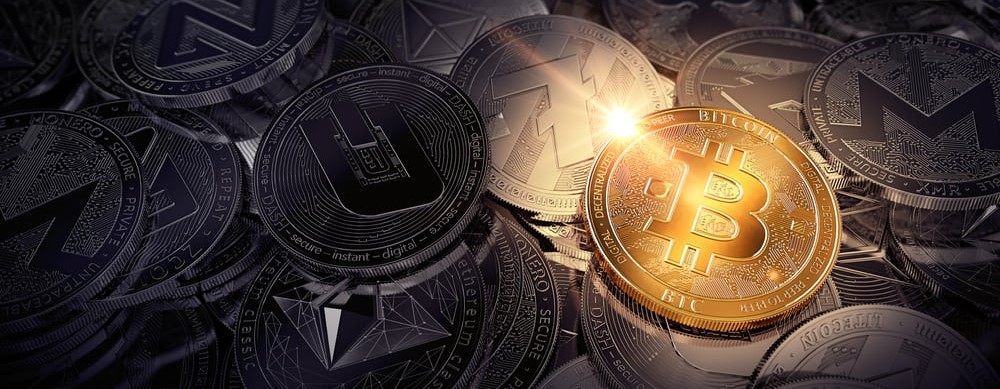
Unlike the three we’ve mentioned so far, Exodus is primarily a web wallet and isn’t made for the purpose of trading digital assets.
This fact may prompt you to keep looking, but the good news is that there are over 100 different cryptocurrencies supported on this platform (which can be great for those who prefer to trade with altcoins over more popular brands). The app and website are both incredibly easy to use and you’ll find that the fees are typically low when compared to the competition, making Exodus an even more popular choice in the crypto community.
It may be worth mentioning that it’s also linked to ShapeShift, another fairly popular crypto exchange. This could come in handy if you want easy access to your wallet and brokerage, without having them on the same platform.
Ledger Nano S
This particular crypto wallet has earned a place on this list of best wallets for 2024 because it has a whole host of features for users to enjoy. It’s the first cold wallet we’ve mentioned on this list (a physical piece of hardware that you can store your coins in, as opposed to a digital application), so you shouldn’t overlook its potential. There are quite a few benefits to cold storage wallets, but we’ll take a closer look into those a little later.
Released in 2016, this device has been a staple for investors for quite some time now. Supporting more than 1,150 different coins and featuring strong security protocols and offline storage keys, Ledger Nano generally a good option for larger or more valuable crypto investments. It can be linked to third-party wallets for access to even more tokens, making it far more diverse than many of its competitors. It’s also one of the cheapest high-quality wallets available, too.
Trezor
As one of the oldest hardware wallets around, most investors will be familiar with Trezor and know that they can rely on it for their storage needs.
Supporting more than 1,600 different cryptocurrencies, it’s an excellent hardware wallet that’s ideal for crypto enthusiasts or anyone who is serious about getting into trading. While generally known for being one of the more expensive options out there, it has a lot going for it – and many investors will find that it can be worth the higher price tag in the long run.
Trezor is also known for its great security practices, which is another important point to take into consideration. Alongside backup and recovery options and regular firmware updates, you’ll generally find that there’s no safer place to store your digital coins.
Electrum
Electrum is generally considered to be an excellent software wallet by many of its users. Created in 2011, it’s certainly one of the older, better-established wallets out there – after all, it has had quite some time to build a reputation and solid framework for its product.
One example of Electrum’s benefits is that it serves to collect information, rather than needing the entire blockchain, which makes it a more lightweight tool. It’s secured on both ends and is known for being fast, secure, and simple to use – all of which are essential features in a good crypto wallet.
Trust Wallet
Trust Wallet is another great mobile-based option for new and experienced investors alike. It’s easy to use, features a range of supported digital coins, offers access to DeFi apps and much more, to improve your crypto experience. You can even earn interest on your stored cryptocurrency (surprisingly, not many other exchanges offer this).
With a recently signed partnership with Binance to bring their services to an even broader scope of users, you can certainly see why more and more people are turning to Trust Wallet for their storage needs.
Atomic Wallet
Last but not least is Atomic Wallet; a simple and secure platform that makes the crypto experience as easy as can be.
Some of the best features of Atomic Wallet are the low fees and the ability to purchase coins directly from the wallet with your bank card. There are also more than 500 different digital coins available; from top brands like Bitcoin and Ethereum to newer players in the industry like Tezos and Monero. Whatever it is that you’re interested in storing, there’s a good chance that you’ll be able to do so with little fuss.
Which one of these wallets is best?
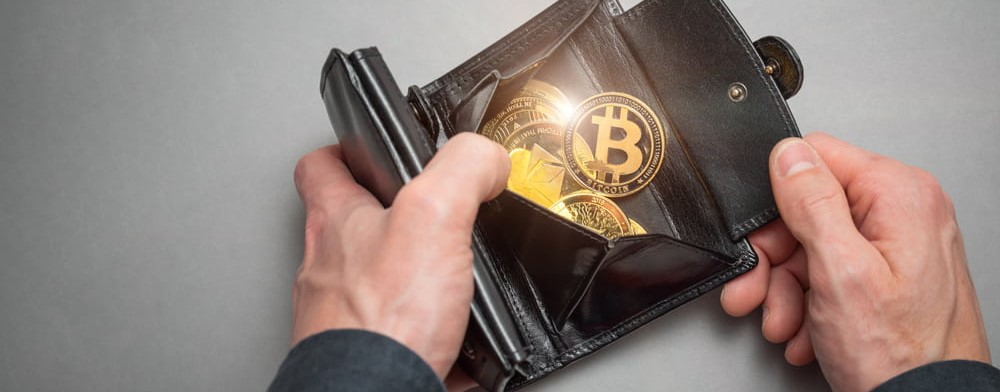
Even after looking through this list of different options, you may still not know exactly which one you want to use. As we are currently the expert here, you may be wondering what our verdict is.
Well, unfortunately, it’s not quite so easy for us to pick one out above the rest, since there are several things that need to be taken into consideration – many of which will come down to your personal preference in the end. Of course, there are factors like security and fees which will be important to look into regardless of the wallet, but when it comes to factors like the choice between hardware and software wallets for example, the choice will be dependent on what you want your wallet to achieve.
Even the devices they’re compatible with can be a necessary aspect to remember, as there are some wallets out there that simply aren’t available on both Android and iOS.
With all this in mind, the best thing you can do before deciding on the most worthwhile wallet for you is some research. Narrow down your options by finding the brands that seem most relevant, and then compare what it is they have to offer until you distinguish the one that’s just right.
*all trading involves risk
What should you look for in a Bitcoin wallet?
While it may be hard to point to one wallet in particular when searching for the best, we can help you to get a better idea of the features and functions that could sway your decision. Here are some of them:
- Your private keys are essentially what give you ownership of your digital coins – and these are what you store in your wallet. If you’re not given access to the keys (which certain online wallets don’t give), you may want to look elsewhere
- Security is something that you need to have in any wallet, regardless of what other features you want. If your assets can’t be properly protected, it’s usually best to keep on searching
- While the fees of a wallet will often vary from one to another, most popular ones will offer competitive rates. Even so, it’s always a good idea to compare your options and the prices that can come with them when searching for the right one
- There are plenty of other features that a wallet can have, so when you’re comparing your options, it’s generally worth taking these into consideration. From displaying your coins and their value in fiat currency to the ability to make notes; there are often a variety of little things that can make a difference to your overall experience
What’s better: a cold wallet or a hot wallet?
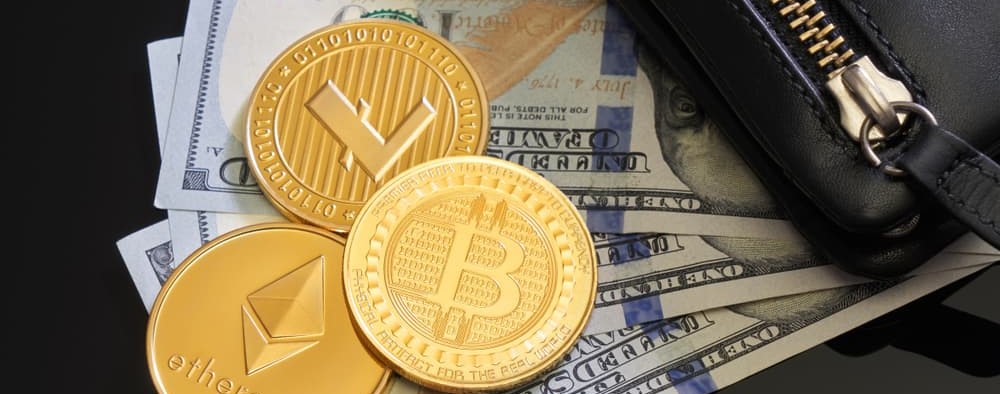
Wallets are typically separated into one of two categories; hot and cold. If you want to make the most out of your crypto experience, you’re going to need to know the differences between the two, as well as the pros and cons that come with each. With this in mind, here’s a closer look into what each of these is:
What are cold wallets?
‘Cold wallet’ is another term used for a hardware wallet, and these types aren’t usually chosen for their simplicity. Those who opt for hardware wallets will generally do so for the security that they have to offer. Without the risk of hacking or data breaches, they’re simply a better option for those who want to minimise the potential for loss that can come with digital storage.
Sadly, this often comes at a price – and alongside higher costs, they’re generally not quite as convenient as the alternative. Some investors may be less interested in them because of this, depending on what they plan on doing with their digital coins.
What are hot wallets?
On the other hand, hot wallets are generally exclusively online and can come as part of a trading platform (like the ones on sites like eToro, for example). The storage software is generally very easy to access because of this, only needing you to log in to get to your assets. While not immune to hacks, reputable hot and mobile wallets will invest in good security protocols to ensure that your time with them is as stress-free (and loss-free) as possible.
Day traders and those just starting out will often find that desktop wallets are the better choice since they’re generally easier and more cost-effective to use.
Which one should you choose?
Overall, the choice is yours. Some may find a hardware wallet to be the best selection, while others may be more drawn to the convenience of online-based ones. There are plenty of great blockchain wallets that help to bridge the gap, but for the most part, it’s worth considering the fundamentals of each type and choosing one based on your unique needs.
Final thoughts
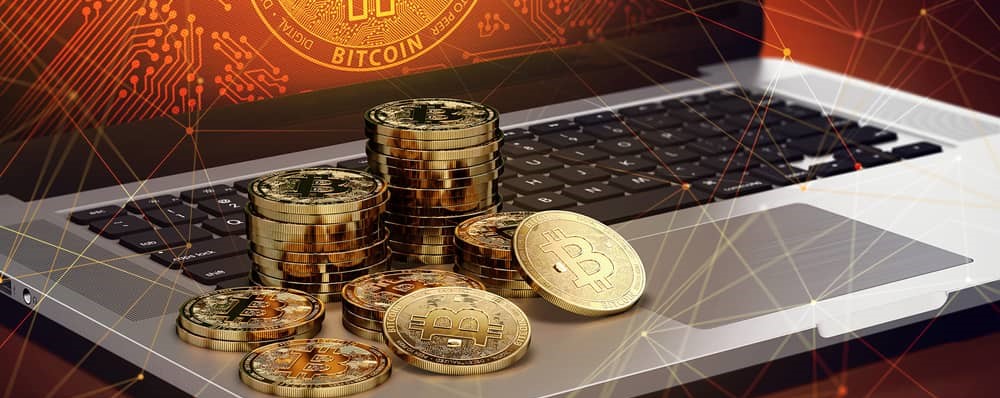
Whether you’re new to the world of crypto or you consider yourself to be a more experienced trader, we hope that we’ve been able to help you. While this list of wallets features our personal opinions, they are all tried and tested, as well as being popular among many other enthusiasts in the crypto community.
With this in mind, the providers we mentioned above could be an excellent starting point, regardless of what type of wallet you’re interested in. It may still be worthwhile to do a little research of your own, however, to ensure you get the best one for your needs.
*all trading involves risk
Bitcoin Wallets: FAQ
How does a Bitcoin wallet work?
To put it simply, these are digital wallets that are used to send, receive and store cryptocurrency. While commonly called Bitcoin wallets, there are many out there that support a host of coins. These wallets work using cryptographic information from the Blockchain, recording addresses and transactions from individuals all around the globe.
Can Bitcoin be stolen from your wallet?
In general, a wallet works with private keys, which each user will be assigned by the wallet’s developer. While these are generally secure, someone could steal your digital coins if they get access to your private key. This is why online wallets tend to be a less secure option, as it’s easier for hackers to steal private keys from them, rather than on a hardware wallet where the data is stored offline.
Why do I need a Bitcoin wallet?
Your wallet won’t store any physical money, but rather the data needed to access the coins assigned to you. The private keys you have are proof of your ownership over the coins you buy, rather than them actually being there. While paper wallets are a method of crypto storage, they’re not usually the most convenient or reliable.



